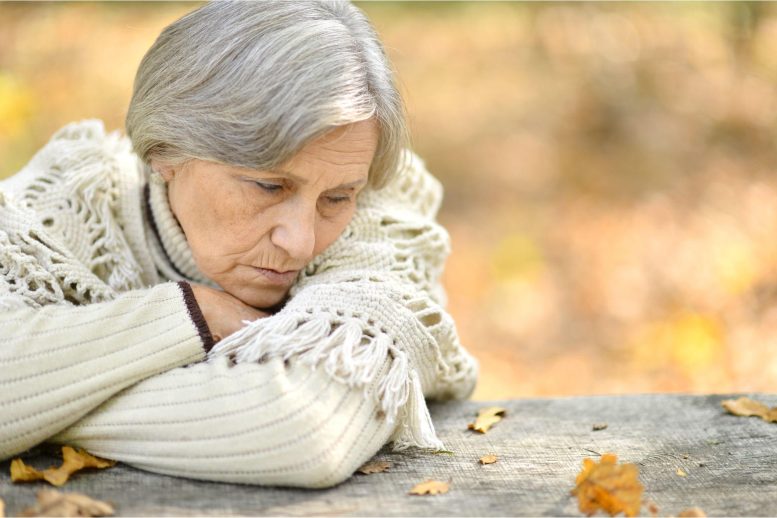
Cognitive changes make it difficult for older people to challenge internalized ageist beliefs.
According to research from the University of Queensland, normal cognitive changes associated with aging may increase the likelihood of older individuals adopting a negative, ageist perspective of themselves.
The research, led by Professor Julie Henry, from the School of Psychology at the University of Queensland, investigated the prevalence of self-directed ageism and the reasons behind it.
“Older people are regularly exposed to ageism such as negative assumptions about their worth, capacity or level of understanding, as well as jokes about older age,” Professor Henry said.
“At the same time, as we grow older, we rely more strongly on prior knowledge and cues from our environment to guide how we feel, think, and behave. In a world that devalues aging, these cognitive changes make it more difficult for older people to challenge internalized ageist beliefs, known as self-directed ageism.”
Self-directed ageism can present as self-doubt – “I’m too old to learn this new technology” or “I’m too old to make new friends” – and negative perceptions of one’s own aging, such as “I’m so much worse at this than I used to be.”
Self-directed ageism can also present as concern over being judged according to age-based stereotypes, such as “If I forget to do this, they’re going to think it’s because I’m old.”
Professor Henry said when ageism is internalized and becomes self-directed, it has been linked to a shorter lifespan, poorer physical and mental health, slower recovery from disability, and cognitive decline.
“It can also be harmful when older adults allow their negative beliefs about aging to undermine their confidence to take on new or challenging experiences and opportunities,” Professor Henry said.
“Interventions, such as creating more opportunities for positive social interactions between younger and older people, are needed to prevent negative views of aging from developing in the first place. Our research also suggests that older adults will benefit directly from a reduction in cues to ageism in our wider social environment. If fewer ageist cues attract older people’s attention, the risk of self-directed ageism should be reduced.”
Reference: “The cognitive tenacity of self-directed ageism” by Julie D. Henry, Sarah P. Coundouris, Fergus I.M. Craik, Courtney von Hippel and Sarah A. Grainger, 3 May 2023, Trends in Cognitive Science.
DOI: 10.1016/j.tics.2023.03.010









Be the first to comment on "The Dangers of Self-Directed Ageism"